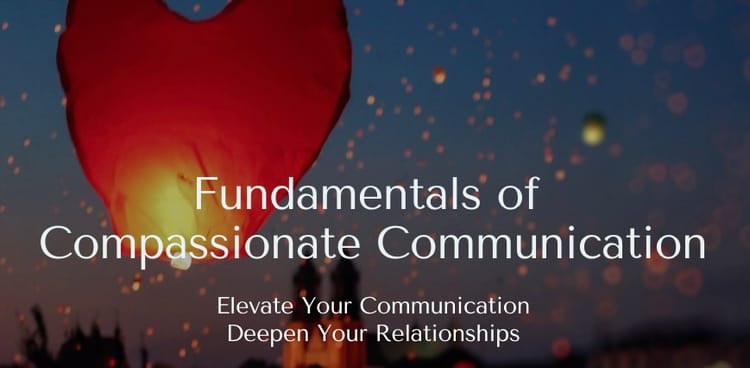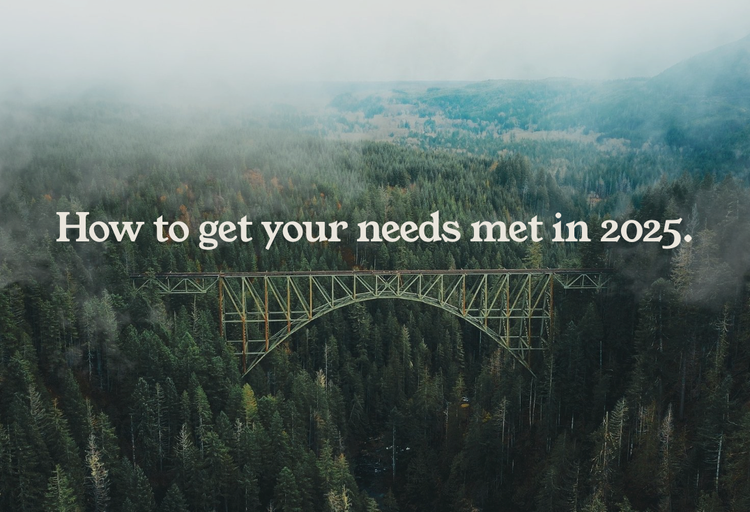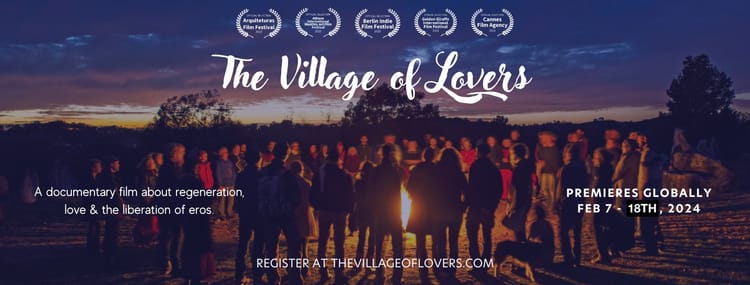How to Heal

Looking out at the world I imagine many of us feel lost. How can we help all of those that suffer under the crush of war and the attendant misery it offers? What can we do?
How do we help stop war and conflict? I invite you into the idea that it can be stopped with forgiveness. We all have a part. If we forgive one another, if we relinquish the desire for blame and judgment, we support peace.
So invite you to forgive the slights, the strikes, the injuries, even the deaths. I invite you into a forgiveness that says, “No matter what you do to me, I will forgive you.” I invite you into a forgiveness that says, “There is nothing you can do to me that will move me to hate you. I forgive you everything. You always have a seat at my table.”
How is this possible? It is perhaps easy to forgive the small thing. But a killing? At some point we may view an act as “unforgivable.”
Let us consider for a moment an alternate path. What if we choose blame, hate, retaliation, and reprisal? If we experience oppression, and we lash out against the ones we see as our oppressors, nothing is healed. After a time, or in another life, the universe, seeking balance, may offer us a reciprocal experience. Now we have an experience of feeling in the right, in power, in control. Perhaps we blame, hate, separate ourselves from, and oppress others. After another time, or in another life, the universe, perhaps again seeking balance, may yet again offer us a reciprocal experience. Again we experience oppression.
But how to forgive? We may think, “I have every right to be angry!” Of course we do, but who suffers? The act may wound us to the core. And what is done is done. We may never receive an apology or any other justice. Holding onto our anger burns only us. We may find this intolerably unfair. We may wish to inflict pain on another for the pain we have felt. And, if we act, we may invite someone else into feeling they have every right to be angry for what they have experienced. We suffer and we offer suffering. There is, I believe, an endless opportunity for this cycle to continue.
How do we change the cycle? How do we release the hurt? What is the path to healing? I have heard that it is a five-fold path: to experience the thing to be healed from, to understand it, to accept it, and finally to forgive, and see the experience through a lens of love.
- To experience the thing
I find it interesting to note that experiencing the injury is the first step in healing. We cannot heal if there is nothing to heal from. Something has happened. We have been injured. The feelings may run hot through us.
. - To understand the thing
What are those feelings? Anger? Hate? Revenge? Of course, you feel feelings. I invite you to communicate them. I invite you to sit with them instead of the story of what happened, to sit with them without trying to push the feelings away. I invite you to have compassion for your feelings and yourself.
And what of the other, the one that inflicted the wound? What might they have been feeling? Can we offer them compassion for their feelings without judgement and without blame? What might it be like to be them and feel as they do?
. - To accept the thing
You may find that offering yourself, and another, compassion transforms and transmutes the feelings because the parts of yourself that hold them have been offered acknowledgement, love, and care.
You may find that once the parts of you that held the feelings have transformed and softened, that you are able to accept what has happened.
And I offer here that acceptance of what has happened does not mean remaining in a situation in which we feel repeatedly injured. I advocate for us all to have our needs for safety meant while we release blame and judgment. I offer that we can disagree with or resist someone’s actions even while offering them love and compassion.
. - To forgive and see the experience through a frame of love
With the acceptance of our feelings, ourselves, others, and all that has happened, we may find that we are able to forgive. We find our own freedom through this process. We decide whether we will reside in love or hate. No one can “make” us hate them. The choice is our own. No one else can choose for us.
If we choose hate, I believe we enslave ourselves to our desire for revenge. The hot coal of anger burns us so long as we hold it. To reside in love is to release it. And, I offer that in that release, in forgiveness, we choose our own freedom.
. - The gift
Now perhaps, we see the gift. We have been led, through this experience, to the gift of compassion, the gift of forgiveness of, and, perhaps, connection with another. We have also, I offer, given ourselves the gift of peace.
If we choose forgiveness, then the experience has catalyzed a move toward unity with all beings. And that, you may find, is the greatest gift of all.
.






Member discussion